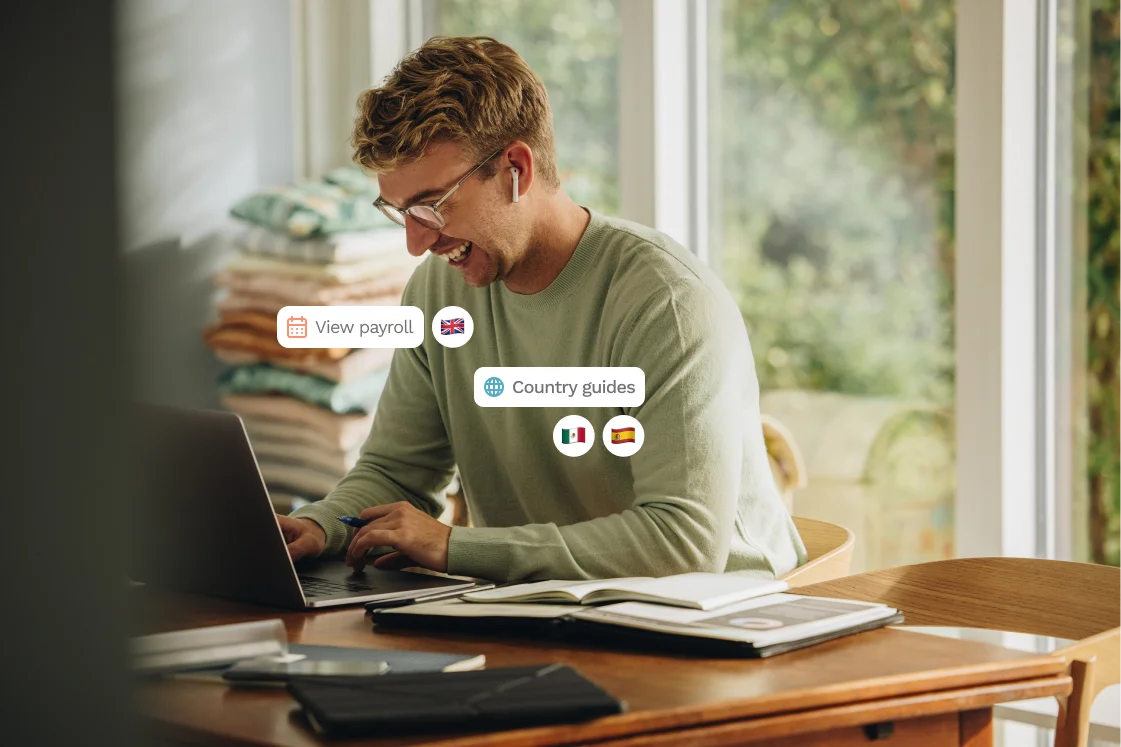1. The future of work relies on strong partnerships between the private and public sector
Laurel explains the importance of cooperation, explaining:
“The businesses that are embracing remote work need laws to protect them, protect their workforce, and enable remote-work to work at scale. I mean, tax infrastructures, employment laws, industry regulations, and compliance. All of those have to be updated in order for the business to be safe and sustainable.
We as a private sector now, need the government to update all of that in legislation. But if legislation tries to do that without the voice of the private sector, it will probably be inaccurate or biased towards other sectors. We really need to be more cooperative, less siloed, less egotistical than ever before and really cooperate together in the public sector and private sector to make the changes that need to happen, happen.”
2. Companies need to stop acting like remote work is a temporary solution
We are over a year into the pandemic and while companies have developed policies for remote work, it looks more like a contingency plan and needs to be developed further.
Laurel shares:
“That’s what they don’t understand is how much deeper this goes. How we need to update management strategies. How we need to update rules and communication channels, asynchronous resources, and training. We really have to update so much. It doesn’t have to be a big change, but it does have to be very careful, it does have to be very intentional, and it does have to be very specialized. If they don’t make those specific changes, then it’s going to cause more harm than help.”
3. Why hybrid is hard
With different definitions, challenges in treating remote workers like a second class to in-office employees, and rigid policies getting hybrid strategies to work for everyone is extremely difficult.
Says, Laurel, “I still think that hybrid is the highest risk category, 100%. The history shows us statistics and data shows that. It is still the highest risk, but now we’re faced with this reality in which 60% of the world is now becoming hybrid organizations. We’re like, well, we gotta figure this out, we’ve got to optimize it.
There’s so much customization to do that when companies are not working with a consultant or some type of expert, or not going through the change management process properly, not only are they not doing it correctly, they’re really missing out on an opportunity to access full benefits of talent attraction, the full benefits of employee engagement, foster innovation, and lower overhead costs. They will never see any of those rewards if you don’t do it the right way. They’re just saying, we’re hybrid now. That doesn’t mean anything, and you are not seeing the wood for the trees.”
If you want to learn more about the qualities that make remote teams successful and Laurel’s opinion on the Great Pay Debate make sure to listen to the entire episode here and make sure to tune in to the next episode of Distributed Discussions featuring Jo Palmer of Pointer Remote.
You can also subscribe to the Podcast here and make sure you never miss an episode!
About Oyster
Oyster is a distributed HR platform designed to enable visionary HR leaders to find, hire, pay, manage, develop and take care of a thriving distributed workforce. It lets growing companies give valued international team members the experience they deserve, without the usual headaches or the expense.
Oyster enables hiring anywhere in the world with reliable, compliant payroll, and great local benefits and perks.










